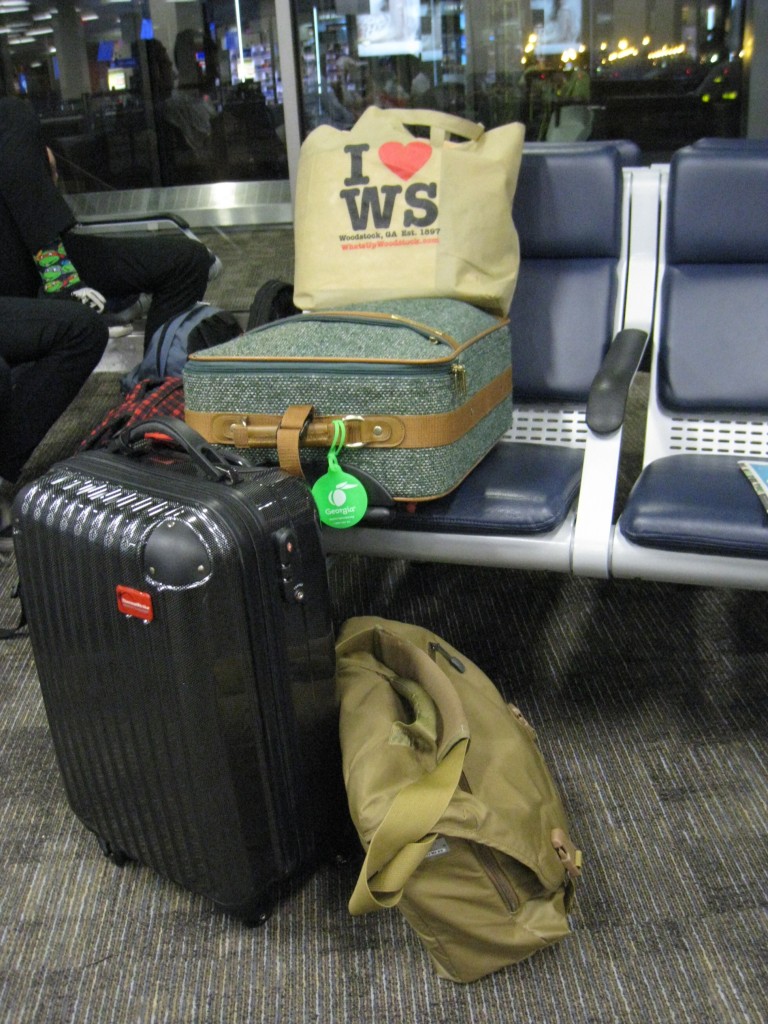Disclosure: In any review for a product or service, products or compensation may have been provided to me to help facilitate my review. All opinions are my own and honest. I am disclosing this in accordance with FTC Guidelines. Please see “Disclose” and "Terms of Use" tabs for more information.
As I’m sure you’re aware, it’s quite easy to get scammed while traveling. Some malcontents prey on tourists because of their inherent vulnerability. Whether you’re inside your home country or visiting another, scams can happen at any time in any area.
But there are ways to avoid being scammed. In this article, we will examine how to do so…
Traveling Inside Your Own Country
When you’re traveling domestically, you tend to think that everything is going to be alright. But this is not always the case, as crime really can happen anywhere.
~Keep wallets in your front pocket and purses near you.
~Watch out for sudden bursts of commotion. This is caused by scam artists at times, who may use a public spectacle to distract people. If you leave a purse across a table or on the ground, it can easily be stolen.
~Always put things like souvenirs in the trunk of a car, rather than the backseat. While a trunk can still be broken into, it’s a far tougher task than a passenger side door. A window versus metal, you do the math.
~Research the place you’re going, so you know what locations are safe as well as what places to avoid.
Caribbean Cruise Line scams are also quite popular among thieves these days. You might think you’re getting a free trip, or a discounted one, when in reality you are being scammed out of your hard-earned money. Some scammers even use big name cruiselines to make you think you’re getting a great deal, when in reality you’re paying for a converted ferry ride.
Scammers sometimes want to get you out of your home just to rob you while you’re away.
~It’s always best to contact the cruiseline to see if they’re offering the deal.
Law enforcement officials say that you should bring common sense with you anywhere you go, as it’s the best tool to protect against being scammed. If something looks too good to be true, it probably is.
Traveling Outside Your Own Country
When leaving your own country to go abroad, traveling can be a bit harder on you for communication reasons alone. Travel experts claim it’s always good to know at least some of the language of the country you’re visiting.
A trip to Mexico, for example, can be fun for the whole family. But for children and adults alike, it can also be a trying order.
~Read up on a country before traveling there.
~Avoid the “found jewelry” scam. Scammers will drop rings, for example, and ask if you lost it, then when you say no, they’ll try to sell it. They usually do this to see how much cash you have on you. If you avoid taking out wallet or going through a purse, they’ll have no idea how much you have and will not take the chance on robbing you for a small amount of money.
Scam artists will sometimes have a child go up to a tourist and ask them for money. They’ll give tourists a sob story about how they are hungry and need money for food. This is done to see how much cash you have. The way to avoid this, and help the child, is to walk the other direction and take the child to get some food or take them to an embassy or a police station. This will get the child out of the issue and keep you from being robbed too.
As always, avoid walking around like a tourist and drawing attention to yourself. Behaviors like holding up a map can be like a neon sign telling people that you’re a tourist and have no idea where you are. This is when scammers prey on you.

















Speak Your Mind
You must be logged in to post a comment.